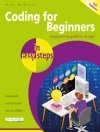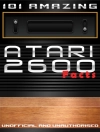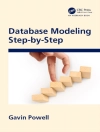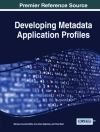Along the years, rough set theory has earned a well-deserved reputation as a sound methodology for dealing with imperfect knowledge in a simple though mathematically sound way. This edited volume aims at continue stressing the benefits of applying rough sets in many real-life situations while still keeping an eye on topological aspects of the theory as well as strengthening its linkage with other soft computing paradigms. The volume comprises 11 chapters and is organized into three parts. Part 1 deals with theoretical contributions while Parts 2 and 3 focus on several real world data mining applications. Chapters authored by pioneers were selected on the basis of fundamental ideas/concepts rather than the thoroughness of techniques deployed. Academics, scientists as well as engineers working in the rough set, computational intelligence, soft computing and data mining research area will find the comprehensive coverage of this book invaluable.
Зміст
Theoretical Contributions to Rough Set Theory.- Rough Sets on Fuzzy Approximation Spaces and Intuitionistic Fuzzy Approximation Spaces.- Categorical Innovations for Rough Sets.- Granular Structures and Approximations in Rough Sets and Knowledge Spaces.- On Approximation of Classifications, Rough Equalities and Rough Equivalences.- Rough Set Data Mining Activities.- Rough Clustering with Partial Supervision.- A Generic Scheme for Generating Prediction Rules Using Rough Sets.- Rough Web Caching.- Software Defect Classification: A Comparative Study of Rough-Neuro-fuzzy Hybrid Approaches with Linear and Non-linear SVMs.- Rough Hybrid Models to Classification and Attribute Reduction.- Rough Sets and Evolutionary Computation to Solve the Feature Selection Problem.- Nature Inspired Population-Based Heuristics for Rough Set Reduction.- Developing a Knowledge-Based System Using Rough Set Theory and Genetic Algorithms for Substation Fault Diagnosis.












